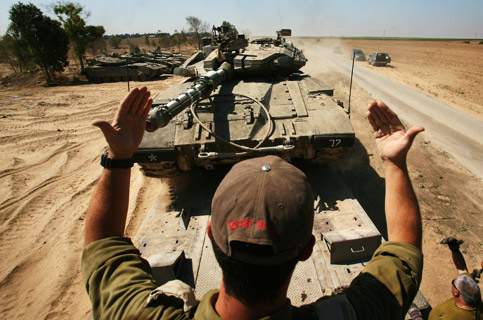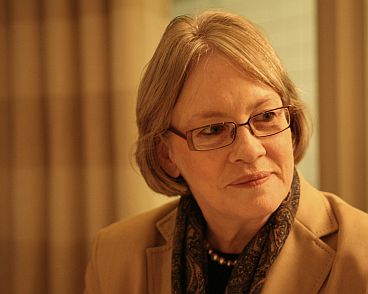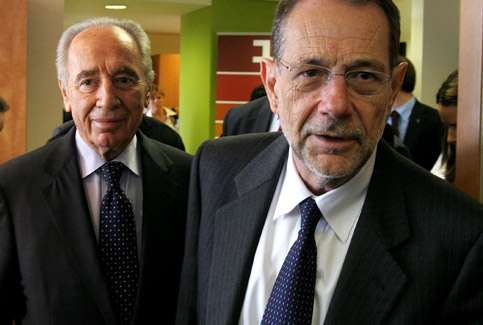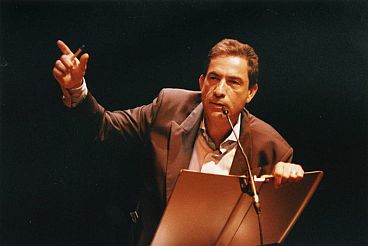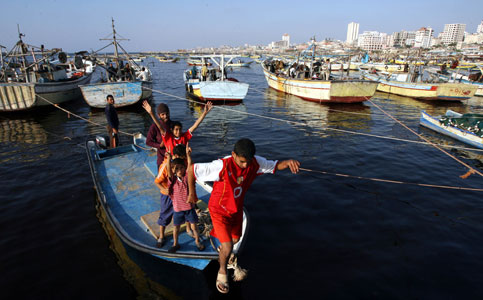Te gast: Gideon Levy
Haaretz
So what is the “great plan”? As things look now, this is the way Israel is planning its future: Every time some Middle Eastern country tries to obtain nuclear weapons, Israel will bomb it. Bomb – and bombard. Beyond the problematic assumption that we are allowed to do what others are not allowed, and what is secure in our hands is dangerous in the hands of others, this kind of conduct will lead to disaster. We tried twice, in Iraq and in Syria, and it worked; it is doubtful it was essential.
Lees verder

